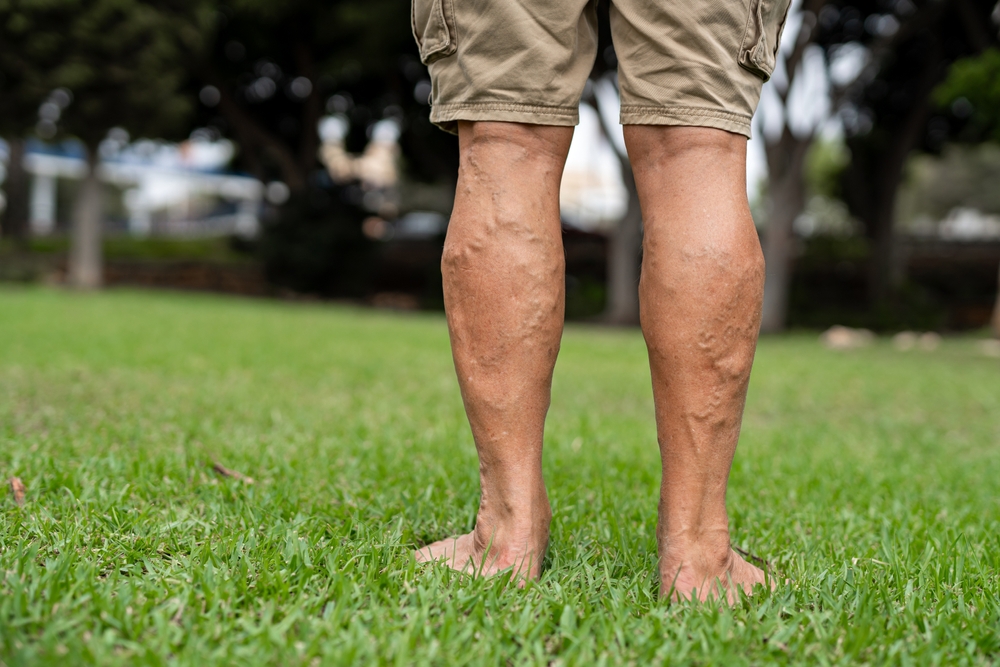What Treatment Is Best for Varicose Veins?

If you’ve been struggling with the uncomfortable symptoms of varicose veins, you may be wondering about what treatment options are available to you. Many varicose veins can be managed with lifestyle measures such as changing your diet, exercising and wearing compression stockings. However, if these methods aren’t delivering the results you desire, The Vein Institute of Hunterdon offers a number of safe, effective and minimally invasive ways to treat varicose veins.
Varicose Vein Treatment Options
The goal of any varicose vein treatment method is to reduce visibility and lessen the symptoms of varicose veins. Which treatment is best depends on the size, location and symptoms of the vein in question, as well as your preferences regarding anesthetic use and downtime following the procedure. The Vein Institute of Hunterdon offers safe and effective methods to treat varicose veins.
VenaCure Endovenous Laser Treatment – EVLT
When performing EVLT for varicose veins, a provider uses a very thin laser fiber to heat up a vein quickly. Applying heat helps target just the vein, irritating it enough to cause it to close. Blood flow is redirected into other “collateral” channels, reducing varicose vein symptoms.
Sclerotherapy
In sclerotherapy, an irritant is injected into the affected vein, causing it to constrict and gradually be reabsorbed by the body. Over time, the injected vein will fade.
Ambulatory Phlebectomy
Ambulatory phlebectomy is an outpatient procedure that removes leg veins through tiny punctures in the skin. There are no stitches needed, just a tiny piece of tape. It is used on veins that are too large to be treated with sclerotherapy.
VenaSeal™
VenaSeal™ is a vein closure system approved by the FDA for the treatment of varicose veins. A small catheter is inserted into the vein, and a medical adhesive is dispensed while slight compression is applied. The inner walls of the vein stick together, sealing it off. The body redirects blood flow.
Radiofrequency Ablation
Radiofrequency ablation is a safe and minimally invasive procedure that uses a small catheter that is inserted into a varicose vein. Radiofrequency energy is used to generate heat which in turn causes closure of the vein.
How to Determine Which Treatment Is Best for Varicose Veins
The treatments above have all proven to be safe and effective. Your treatment route will depend on your medical history and preference regarding treatment downtime and side effects. These decisions should be made together with a trusted vein professional. To schedule a free consultation to discuss the best treatment option for you, make sure to contact us today.
